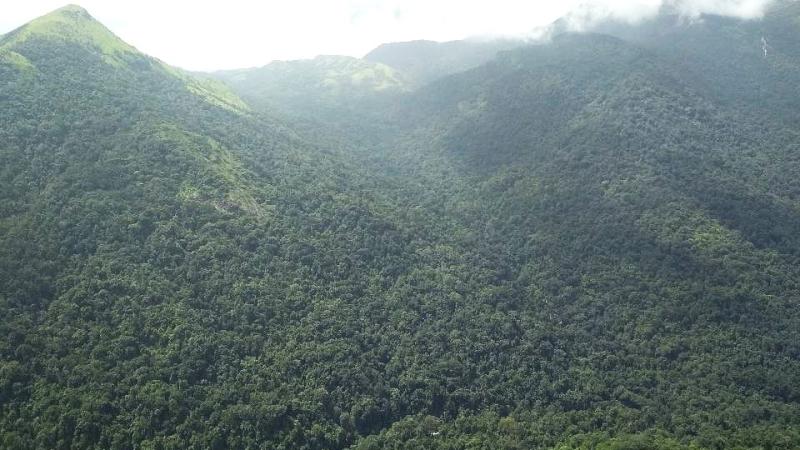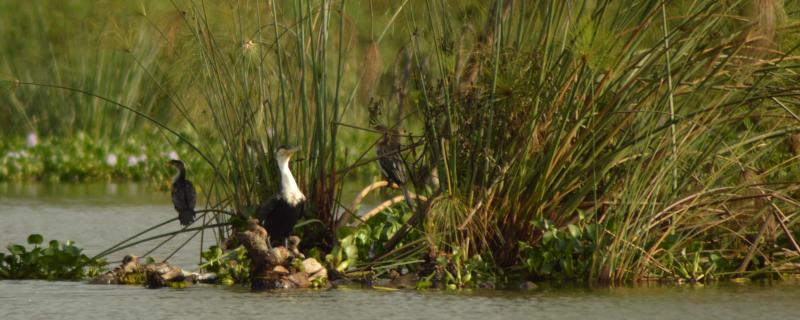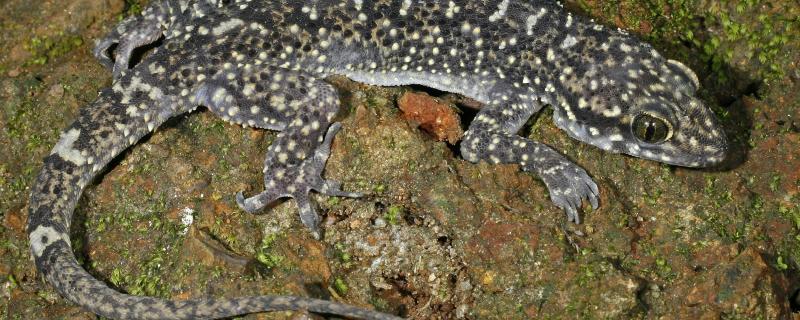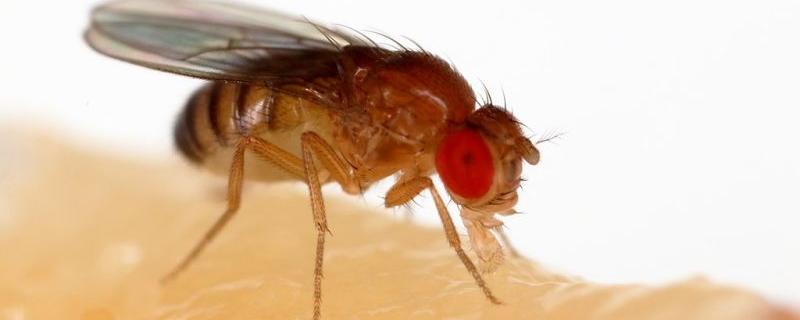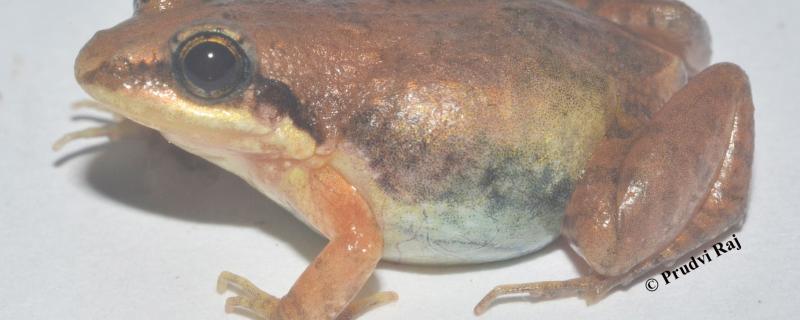Researchers from the Ashoka Trust for Research in Ecology and the Environment (ATREE), have analysed how climate change could affect the habitats of the Nilgiri Tahr in the years to come.
New research reveals India's forest monitoring fails to capture social and economic health, leading to a comprehensive new blueprint that include vital social and economic dimensions and introduces a comprehensive list of 28 indicators and 64 sub-indicators to create a robust, evidence-based system for monitoring and reporting.
.
Bhopal/
